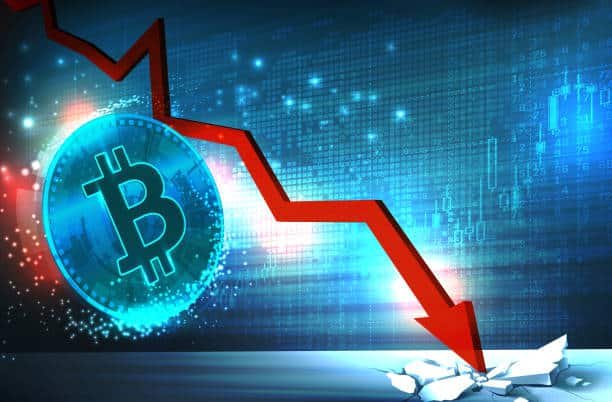In a recent report, Santiment, a leading blockchain analytics provider, revealed that the supply of Bitcoin held on cryptocurrency exchanges has reached its lowest level since February 2018. According to Santiment’s data, only 6.4% of BTC’s supply is currently held on exchanges, compared to 16% at the beginning of 2020.
📉 #Bitcoin's exchange supply has now fallen to its lowest level since February, 2018. Traders continue moving $BTC to self custody during the uncertainty surrounding #Binance & #Coinbase. As long as these #SEC lawsuits loom, this trend should continue. https://t.co/CBOxJ8oA07 pic.twitter.com/c7MQyMswgp
— Santiment (@santimentfeed) June 14, 2023
The decline in Bitcoin held on exchanges suggests a growing trend among crypto traders towards self-custody methods. This shift may be attributed to the recent legal actions taken by the U.S. Securities and Exchange Commission (SEC) against two prominent crypto platforms, Binance and Coinbase. The SEC has filed lawsuits accusing both platforms of offering trading services involving unregulated securities.
The legal battles initiated by the SEC against Binance and Coinbase have likely contributed to the erosion of trust in these exchanges. The SEC’s actions began on June 5 when it filed a lawsuit against Binance, its CEO Changpeng Zhao, and Binance.US, alleging the offering of unlicensed products such as the BNB token and the BUSD stablecoin. The following day, the SEC targeted Coinbase, accusing the platform of operating as a broker, clearing agency, and national securities exchange without the necessary authorisation. The SEC further claimed that Coinbase facilitated trading services with unregistered securities, including SOL, MATIC, ADA, and others.
Santiment’s data also reveals that significant Bitcoin withdrawals from exchanges occurred after the FTX collapse in late 2022. This suggests that the percentage of Bitcoin stored on exchanges is likely to remain relatively low due to prevailing uncertainty surrounding trading platforms.
While the decreased presence of Bitcoin on exchanges may indicate trust issues among traders, it is generally viewed as a positive sign for the asset. With fewer Bitcoins stored on exchanges, the selling pressure is expected to decrease. This development may contribute to a more stable and resilient Bitcoin market.
As the crypto industry continues to navigate regulatory challenges and build trust with users, the shift towards self-custody practices signifies a growing emphasis on individual control and security within the crypto ecosystem.







